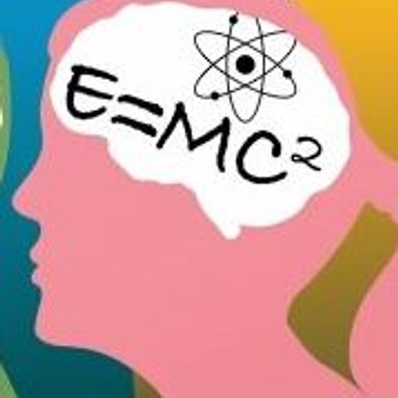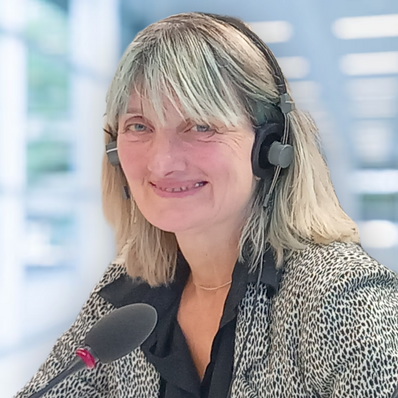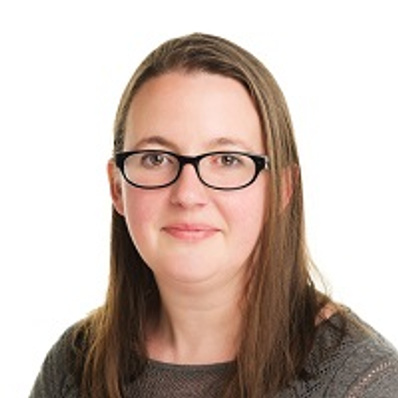About
The ITI Neurodiversity Network exists to foster a supportive and inclusive community for neurodivergent translators and interpreters. We aim to create a safe space for sharing experiences, offering mutual support, and engaging in both professional development and social connection through regular Zoom meetings. Our mission also includes advocating for greater recognition of the unique strengths and perspectives that neurodivergent professionals bring to the language industry, challenging deficit-based narratives, and promoting a more balanced and empowering understanding of neurodiversity.
What are neurodiversity and neurodivergence?
Neurodiversity is term to describe the range of differences in how people’s brains work and the range of behavioural traits that are part of normal variation in the human population. Neurodivergent people behave and think differently from what is considered ‘typical’ behaviour and thinking.
Some of the more widely known neurodivergent conditions are autism (including what used to be classified as Asperger’s), attention deficit hyperactivity disorder (ADHD), attention deficit disorder (ADD), dyspraxia and dyslexia.
What we do:
The Neurodiversity Network is a peer-led support group for translators and interpreters who identify as neurodivergent. Since our founding in 2021, the network has grown into a safe and supportive space where members can share experiences, explore how neurodivergence impacts their professional lives, and connect with others who truly understand.
Our discussions cover a wide range of topics: from executive (dys)function, demand avoidance, and working with deadlines, to deeper and sometimes challenging issues such as neurodivergence and addiction. At the same time, we celebrate the many strengths that neurodivergent professionals bring to the language industry, including high cognitive potential, hyperfocus, and hyperlexia.
Because of the sensitive and personal nature of our conversations, we operate as a closed group. Meetings are open to members only. To join, you should either have a formal diagnosis such as ADHD or Autism, or self-identify as neurodivergent. We recognise the barriers many people face in accessing diagnosis, and we welcome self-identified individuals without requiring formal documentation.
If you would like more information on the topic or date of our next meeting, please email [email protected]




